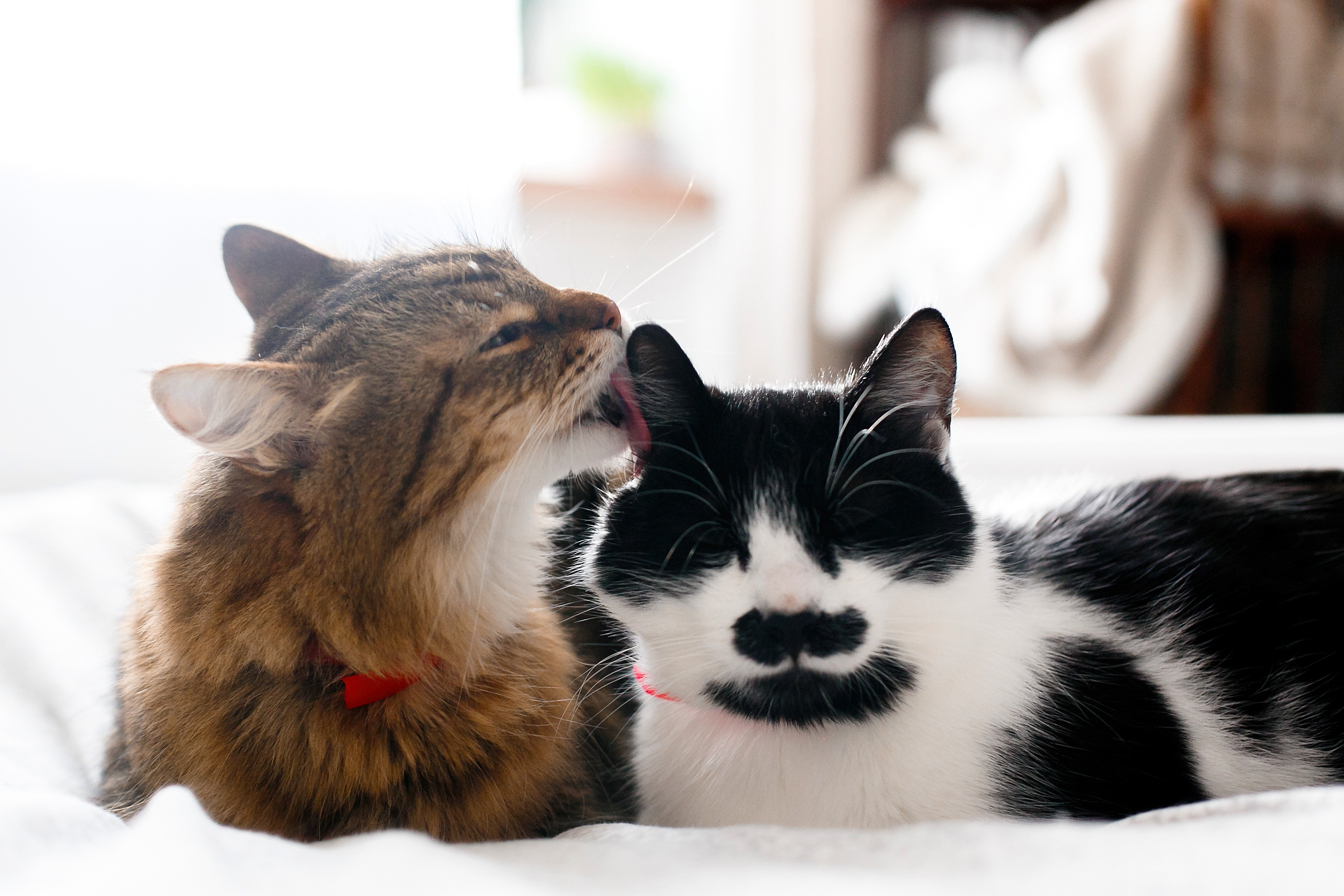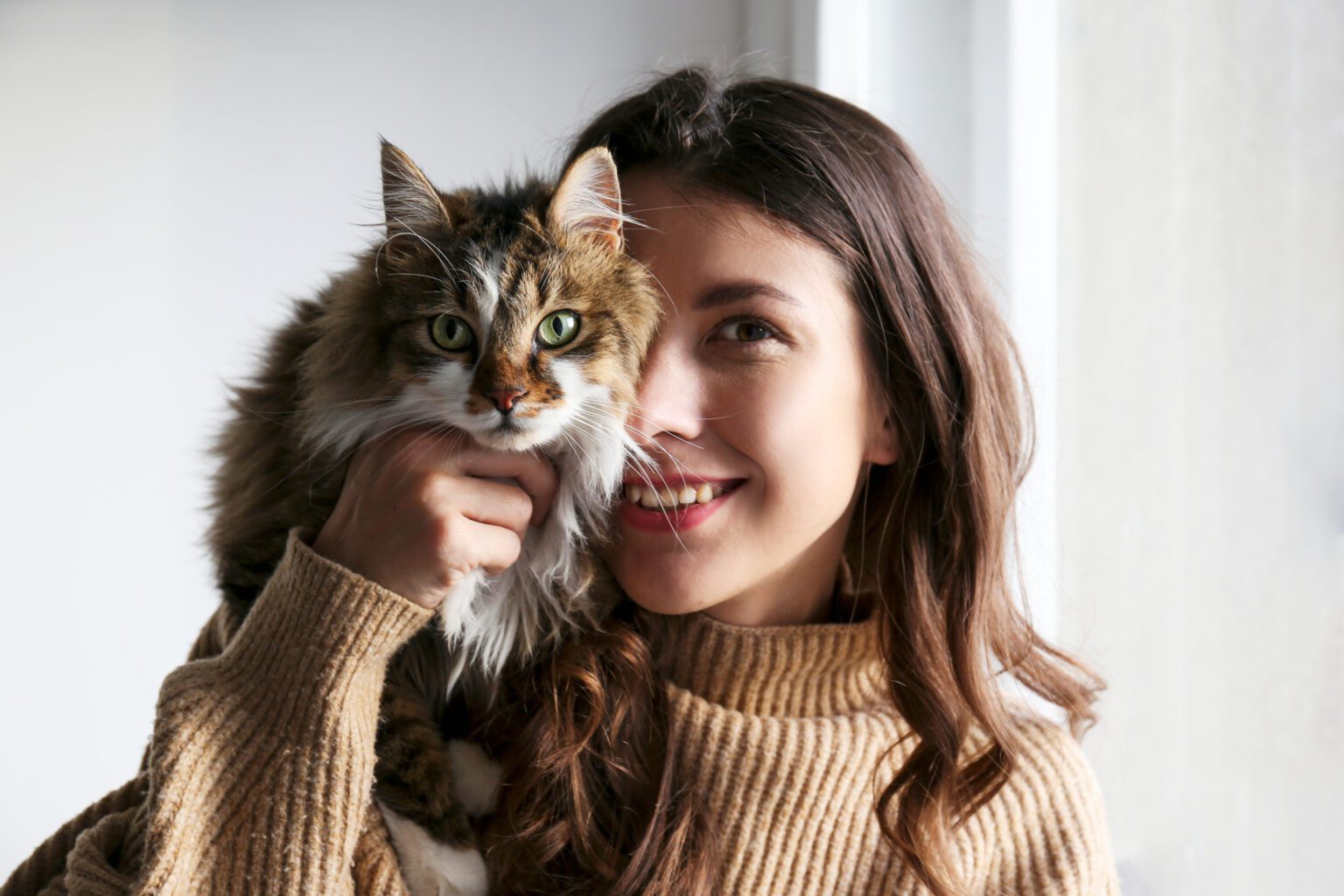Cats, those enigmatic and independent creatures, are renowned for their meticulous grooming rituals. Whether it's a solo session of self-care or a communal fest with feline friends, the act of grooming plays a crucial role in a cat's life. Let's delve into the reasons behind why cats are so fastidious about their fur and why they find joy in grooming not just themselves, but also their feline companions.
Reasons for Grooming...
- Instinctive Behavior: At the heart of a cat's routine lies a deep-rooted instinct. In the wild, a clean coat is not just a matter of vanity; it's a matter of survival. Grooming helps cats remove dirt, debris, and scent traces that could compromise their stealth and hunting abilities. The meticulous nature of their habits is a testament to their wild ancestry, where staying clean meant staying invisible to potential predators or prey.
- Thermoregulation: Cats are known for their preference for warmth, and grooming serves as a natural means of regulating body temperature. The act of licking their fur not only cleanses it but also spreads saliva across their coat. As the saliva evaporates, it has a cooling effect, making this an efficient way for cats to stay comfortable in various temperatures.
- Stress Reduction: For cats, grooming is not just about physical cleanliness; it also plays a vital role in their mental well-being. Cats groom themselves as a form of self-soothing, especially during times of stress or anxiety. The rhythmic motion of licking and nibbling helps them relax, providing a sense of comfort and security. This stress-relief aspect of grooming is crucial for maintaining a cat's overall mental health.
- Social Bonds: Beyond personal grooming, cats engage in mutual grooming as a way to strengthen social bonds within their group. When cats groom each other, they're not only reinforcing their relationships but also displaying trust and affection. This communal act, known as allogrooming, is a social behavior that enhances the sense of unity among cats living together.
The fascination with feline grooming goes beyond a simple desire for a sleek and shiny coat. It's a complex interplay of instincts, temperature regulation, stress management, and social bonding. Whether your cat is diligently licking its fur or engaging in a session with a fellow feline, these behaviors offer a glimpse into the intricate and captivating world of cat communication and self-care.










